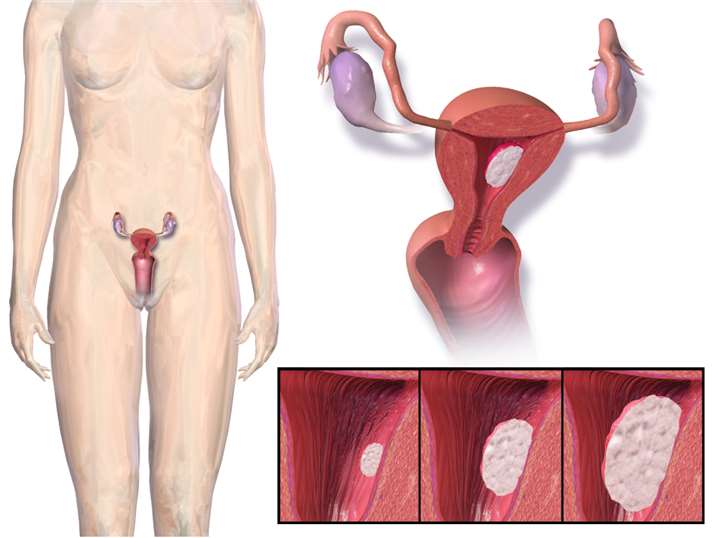Vaginal Cancer Vaccine Development Service
Creative Biolabs is a world leader in the field of cancer vaccine development. With our extensive experience and advanced platform, we are therefore confident in offering the best services for vaccine development against vaginal cancer and guarantee the finest results for our customers all over the world.
Vaginal Cancer
Vaginal cancer is a cancer that forms in the tissues of the vagina. There are two primary types of vaginal cancer: squamous-cell carcinoma and adenocarcinoma. Primary vaginal cancer is rare in the general population of women and is usually a squamous-cell carcinoma. Metastases are more common. Most vaginal cancers do not cause signs or symptoms early on. When vaginal cancer does cause symptoms, they may include: vaginal discharge or abnormal bleeding, blood in the stool or urine, feeling constipated pain during sexual intercourse as well as vagina lump. Vaginal cancer occurs more often in women over age 50 but can occur at any age, even in infancy. It often can be cured if found and treated in early stages. Surgery alone or surgery combined with pelvic radiation is typically used to treat vaginal cancer.
Preventative Vaccines for Vaginal Cancer
 Distributed under CC BY 3.0, from Wikimedia, without modification.
Distributed under CC BY 3.0, from Wikimedia, without modification.
Research shows that infection with HPV is a risk factor for vaginal cancer. The relationship between the human papillomavirus (HPV) and malignancies of the uterine cervix, vagina, and vulva has been established. The development of a quadrivalent HPV recombinant prophylactic vaccine represents the first time in history that primary prevention of these cancers is offered to girls and women. The prevalence of oncogenic HPV subtypes in cervical cancers has been the most studied, but prevalence has also been established for vaginal and vulvar cancers. Clinical trials demonstrate impressive efficacy in disease prevention as well as excellent safety and tolerability.
The human papillomavirus is a non-enveloped, double stranded DNA virus. The circular HPV genome is about 8000 nucleotides in length and the genome is divided into two regions: the early region and the late region. The early region is expressed during early parts of viral replication cycles and contains the codes for genes important in viral replication. The late region is expressed during the later part of viral replication cycle and contains the codes for the two viral capsid proteins, L1 and L2. L1 is the major protein and is used to make the HPV vaccines. The vaccine is made by isolating the DNA of the naturally occurring HPV then cloning the gene or open reading frame encoding the L1 capsid protein into a plasmid. The plasmid containing the L1 gene is introduced into a eukaryotic cell. The L1 gene is transcribed into mRNA and the cell then translates the mRNA into L1 capsid proteins. The capsid proteins self assemble within the cells to form viral-like particles (VLPs). Because viral DNA (with the exception of the L1 gene) has not been introduced into the eukaryotic cell, viral genomes are not available to incorporate with the viral-like particles. This removes the danger of producing infectious virions or promoting cancer. After purification, the VPLs are injected into the host and elicit an immune response.
During normal genital HPV infections, the primary immunologic response to HPV-infected cells is a cellular one and few viral-specific antibodies are produced. Only 50% of naturally infected women make antibodies against HPV and the antibodies are not always neutralizing. The HPV vaccine appears to provide higher antibody levels than that observed in naturally occurring exposure by a factor of 12 to 26 and immunity has been demonstrated through 3 years post vaccination. The observation of protection at a time when antibody levels have reached a plateau is encouraging for long-term protection.
Creative Biolabs is a leader in the field of vaccine development and has focused on the cancer vaccines for years. We have experts who are able to help you with the HPV vaccine development against the vaginal cancer. If you are interested in our services, please contact us for more details.
All of our products can only be used for research purposes. These vaccine ingredients CANNOT be used directly on humans or animals.


